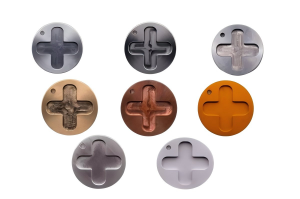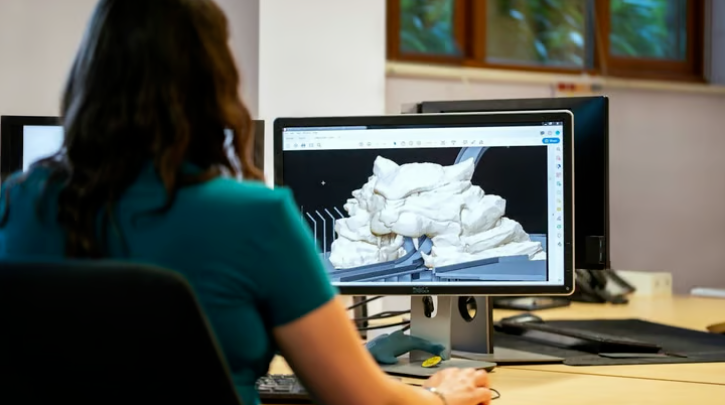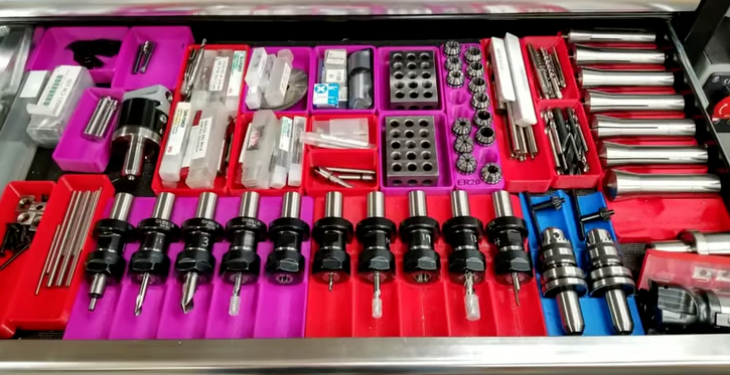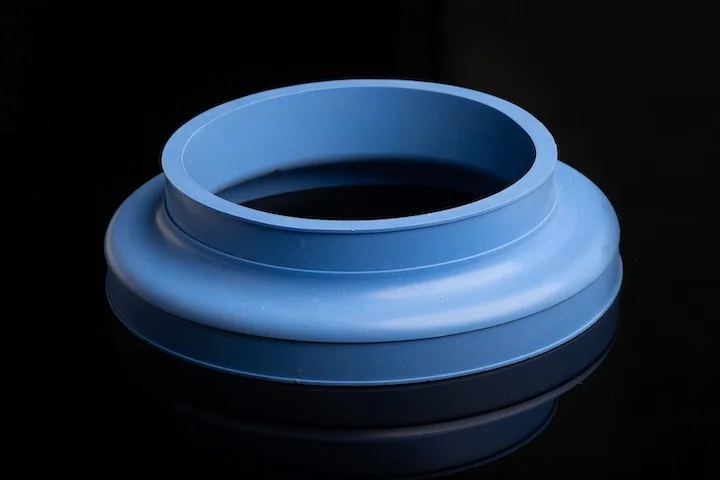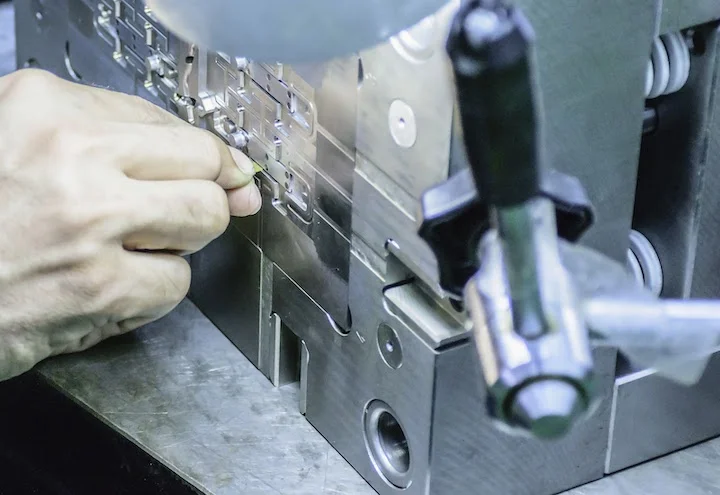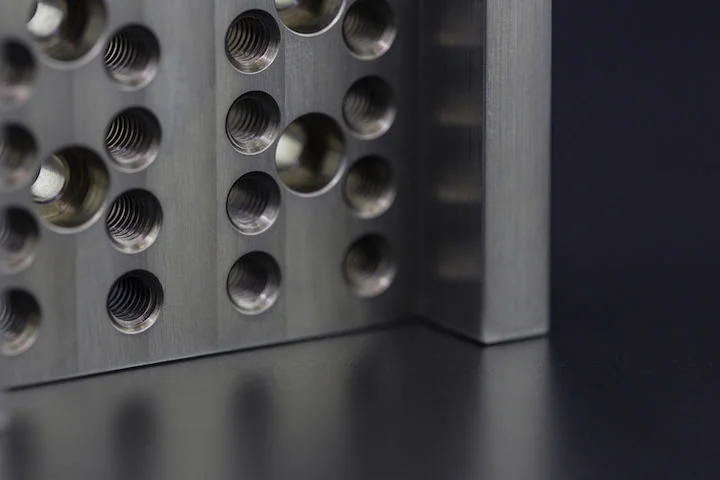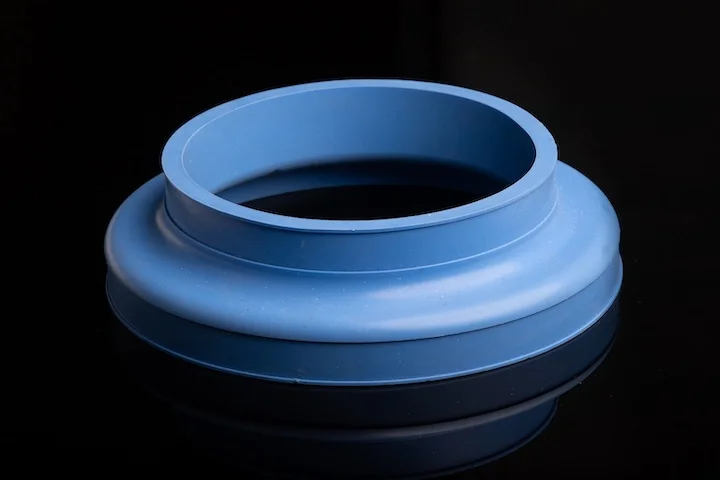Slate Truck, launched by Slate, an electric vehicle company invested in by Jeff Bezos, relies on a minimalist design concept and claims to offer “astonishingly high customization.” This two-seater electric pickup truck, produced in a single configuration at a U.S. factory, can be converted into a five-seater SUV with a roll cage, airbags, and a rear seat through modifications.
The model further advocates the concept of “independent modification,” with over 100 built-in connection points in the body, supporting users to easily install more than 100 official accessories and even allowing self-made parts via 3D printing. In a video released by MotorTrend, Slate showcased 3D-printed accessories, including front headlight covers (whose design files have been open-sourced for users to print themselves), in-car modular decorative buttons, keychains, and other personalized elements.
“The automotive industry’s definition of ‘affordability’ has become invalid,” said Chris Berman, CEO of Slate, in a statement. “We want to return the right to choose to consumers ignored by traditional automakers. Slate is a revolutionary truck platform, with enough variability to transform from a two-seater pickup to a five-seater SUV.”
Although allowing users to customize car accessories through 3D printing is not unprecedented (for example, BMW’s Mini Yours customization series has tried it), Slate claims that the modification freedom provided by its “blank canvas”-style vehicle is unprecedented. Despite the technical threshold for independently designing and printing auto parts – not all pre-order users have home 3D printers – this model may open up new possibilities for the automotive aftermarket when official deliveries start next year.
Currently in the pre-production stage, the Slate Truck is priced at $20,000 and is expected to go on sale next year. The model achieves multi-functional conversion through a modular architecture: the standard version is a two-seater pickup, and the passenger capacity can be expanded by optional rear seat kits; practical accessories such as roof racks and tool racks are quickly installed through standardized interfaces; the battery pack adopts a replaceable design, with a range varying from 250 miles to 400 miles (about 402-644 kilometers).
Industry observers point out that this “hardware open-source” model may reshape the automotive consumption ecology. Users can not only share modification schemes through cloud platforms but also may spawn a third-party accessory development ecosystem in the future. However, there are also doubts that the safety certification and quality assurance issues of DIY modified parts still need perfect solutions. As the first batch of sales approaches, whether this “programmable car” can subvert the traditional car-making logic is worth continuing to pay attention to.
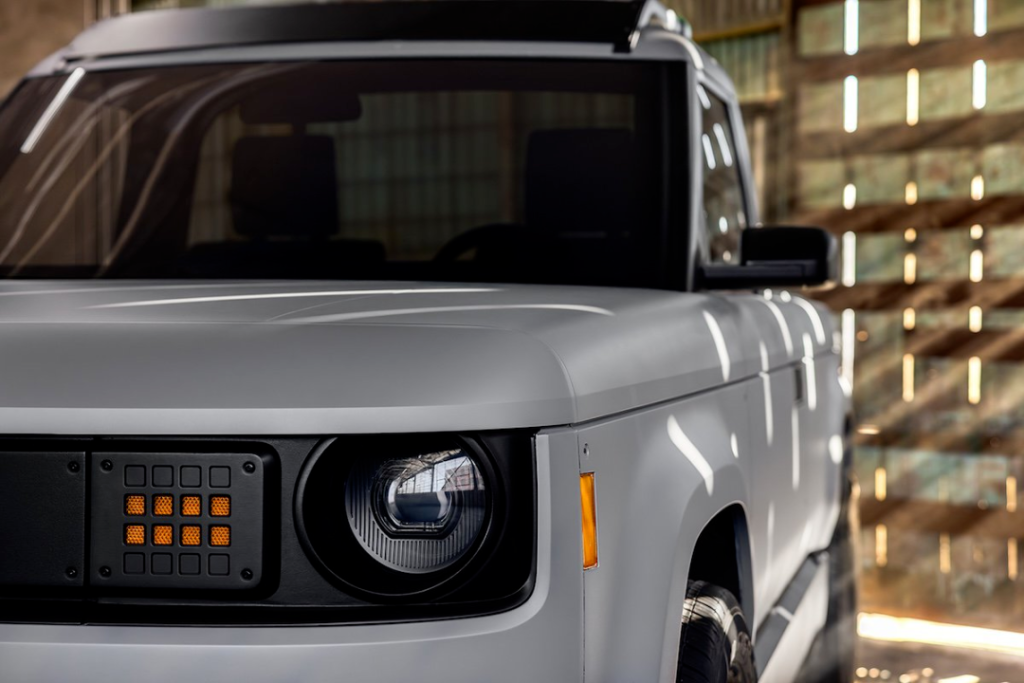
For more information, please contact Debaolong Seiko. You are also welcome to upload your designs to Debaolong Seiko for a quote.



